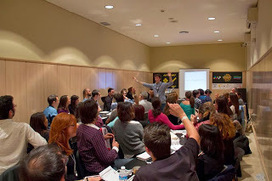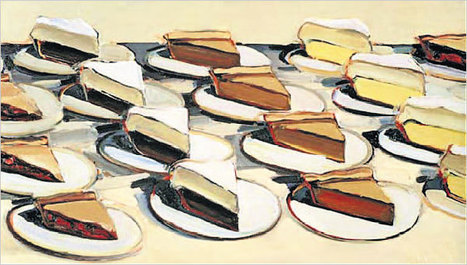Marty Note
Great post about how to increase involvement in your games with 3 simple ideas:
* Storytelling.
* Growth Hacking.
* The Lonely Dancer Effect.
Great section on Growth Hacking. I would add a 3 more ideas:
* Sticky Mnemonic.
* Thermometers.
* Leaderboards & Competition.
Via Martin (Marty) Smith



 Your new post is loading...
Your new post is loading...









